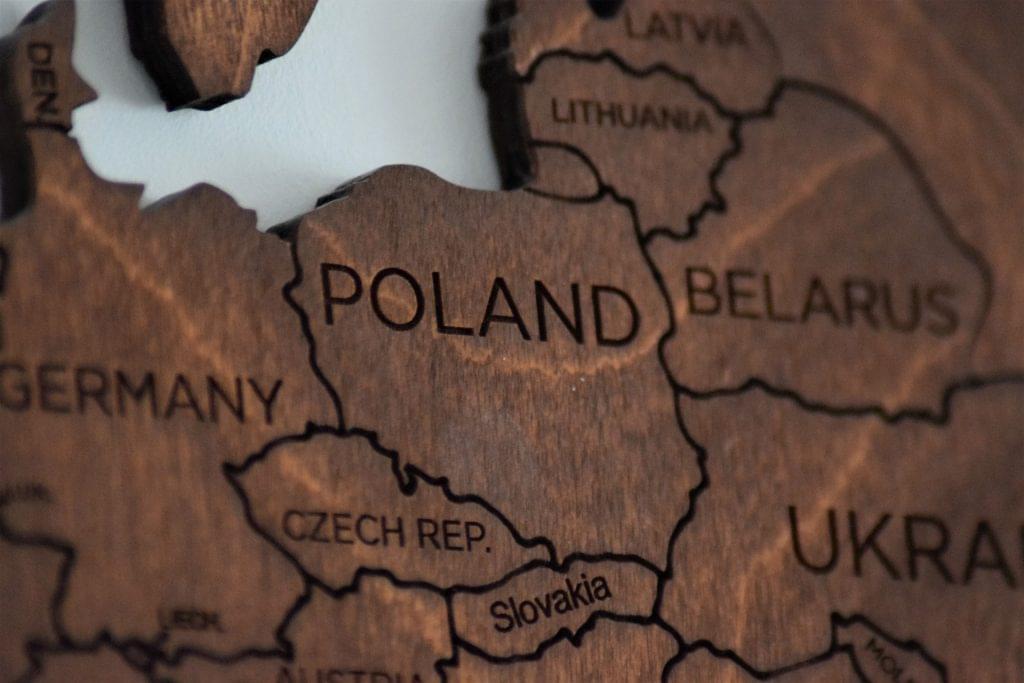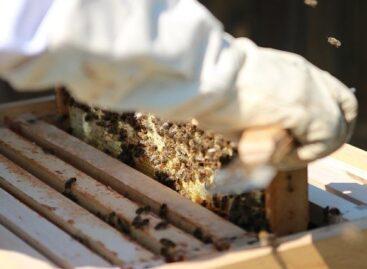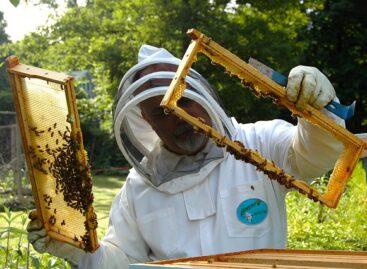The EU doesn’t feed but eats the world, shows new report from WWF Europe
WWF Europe, that has been actively participating in debates around the steps necessary to make Europe’s food system more sustainable and tackling challenges of the war in Ukraine, published a new report warning the EU from watering down environmental standards in order to increase food production to „feed the world”.

Despite being the world’s largest exporter of agri-food products in economic terms, the EU carries a significant trade deficit when measured for what actually matters in nutritional terms, such as calories and proteins, shows the new WWF report released today. The EU consumes more than its fair share and our current high levels of food production are only possible thanks to massive imports of resources.
Against the backdrop of the war in Ukraine, urgent action must be taken to prevent global food shortages. However, vested interests have been using the war as a justification to water down EU environmental standards with arguments that are but a repetition of the long-standing flawed narrative that Europe ‘feeds the world’. WWF’s report shows that this is a myth.
The EU’s food imports and domestic production are fundamentally unsustainable, as they erode natural resources, drive global deforestation and deplete fish stocks around the world, shows the new report. As much as 40% of the food produced in the EU is also never eaten, and this wastefulness comes at an enormous cost to our climate and biodiversity.
Trying to increase food production in the EU in response to the ongoing global food crisis, as some political and lobby groups have been suggesting, would likely only exacerbate these problems. Instead, shifting our consumption can make a greater contribution to food security and lower the impacts of the EU food system.
The report shows that:
- The EU’s agri-food trade model revolves around importing low-value raw products, such as cocoa, fruits and soybeans, and exporting high-value ones like wine and chocolate – making a positive contribution to the EU economy, but not necessarily to the global food supply.
- Many of the agri-food commodities imported into the EU are produced at the expense of millions of hectares of forests and other natural ecosystems, fuelling climate change, biodiversity loss and social injustices; the EU remains the second-largest importer of products linked to tropical deforestation. The new EU Deforestation Law, currently being discussed in the European Parliament and the Environment Council, is an opportunity to stop this destruction.
- The EU imports nearly twice as much seafood as it produces, and some of this seafood comes from tropical regions where local communities rely on these fish stocks for protein but are facing declining catches due to overfishing and climate change. Aquaculture could provide some solutions, but only if it focuses on herbivore species such as carp and filter-feeding molluscs, rather than carnivorous species such as salmon.
- The EU produces more animal products than is recommended for our health. To sustain this oversized livestock sector, more than half of the grain crops we grow are fed to animals, and we import vast amounts of soy and other feed. The production of crops for feed or fuel is intrinsically inefficient, increasing the impacts of our agriculture and food on biodiversity, soil health, and the climate.
- The EU wastes vast amounts of food every year, estimated to be as high as 173 kg of food per person. While there is a growing drive to address food waste at the retail and consumer level, food loss on farms is often overlooked, but as much as 15% of total food production is estimated to be lost during or shortly after harvest each year.
- There is an appetite for change from EU consumers. Three out of five Europeans want to eat more sustainably and three out of four want EU legislation to ensure that all products sold in the EU do not lead to biodiversity loss.
- Food businesses are increasingly engaging with nature-positive food production, regenerative agriculture and higher animal-welfare standards. Today, some 14.6 million hectares of land in the EU and the UK – 8.1% of the total agricultural area – are farmed organically by nearly 350,000 producers, and the EU’s organic food market has doubled in value since 2010.
The upcoming legislative framework for a sustainable food system, which the European Commission is expected to propose in 2023, must be a turning point. The report provides several policy pathways through which this new law can guide the EU’s food consumption towards sustainability.
Jabier Ruiz said:
“The European Commission can no longer shy away from taking decisive action to address the environmental and social impacts of our food consumption. Otherwise making the EU food system sustainable will always remain beyond reach. Now is the time to tackle the deep-rooted problems at the core of how we produce and consume food. The upcoming framework law on sustainable food systems can set the direction and guide further policy action.”
Source: wwf.eu
Related news
AM: the importance of the beekeeping sector goes beyond itself
The importance of the beekeeping sector goes beyond itself, honey…
Read more >The importance of the beekeeping sector goes beyond itself
Honey can be imported, but pollination cannot – stated István…
Read more >EU: the application of international law is also an obligation in cyberspace
The Council of the European Union approved a statement on…
Read more >Related news
Technological advancements and business travel
The latest research from International Workplace Group (IWG), the leading…
Read more >K&H: a gift, but what and from which store?
When it comes to Christmas gift-giving, clothes are the most…
Read more >Eckes-Granini acquires fruit juice concentrate producer in Germany
Eckes-Granini, one of Europe’s leading juice producers, has acquired Wolfgang…
Read more >








